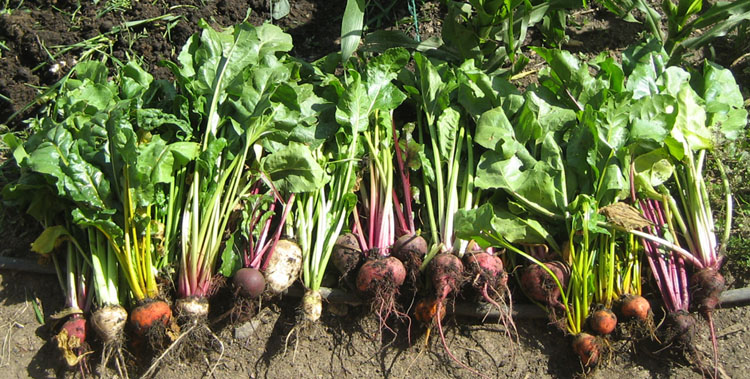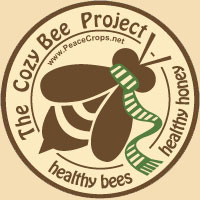Community Supported Agriculture, or CSA, is a way for eaters to connect with the farmers who produce their food, in a personal relationship is beneficial to both. The consumers can be sure of the quality of their food, with firsthand knowledge of how it’s produced. This is important to people who are concerned about the presence of genetically modified organisms, petrochemicals, or artificial hormones in their food supply. Most CSA farmers (including us) encourage their patrons to visit the farm, to see firsthand how we operate.
The relationship is beneficial to the farmers as well. We receive a higher percentage of your food dollar, as the middleman is eliminated in this direct field-to-table system. When we interact with you, we know the care with which we treat our crops is appreciated.
So how does it work?
At the most basic level, it’s about sharing. People who want to be involved can pitch in with harvesting, lend the use of a power tool, or share space on their land for planting, or even donate trees or money to buy seed. In return, they get to take home some fresh vegetables, a sense of accomplishment, or both.
In more sophisticated arrangements, families participating in CSA by purchasing food shares for the season. This money is used by the farmer to purchase seed, plant the crop, maintain the farm, and pay herself and any hands. Subscribers receive a box of produce every week, with enough vegetables to satisfy the needs of an average family of four. The contents vary seasonally with whatever is currently being harvested.
This system harkens back to the traditional days of farming, when communities all shared in the bounty of a good season, and the misfortune of a bad one. The consumer throws in his lot with the farmer. Although CSAs generally produce more food that is needed by their subscribers, occasionally a drought or plague might cause the boxes to be less full than normal. More often than not, however, subscribers receive a bountiful harvest… and produce that is left over after the subscriptions are filled is taken to community aid organizations like Oregon Food Bank.


